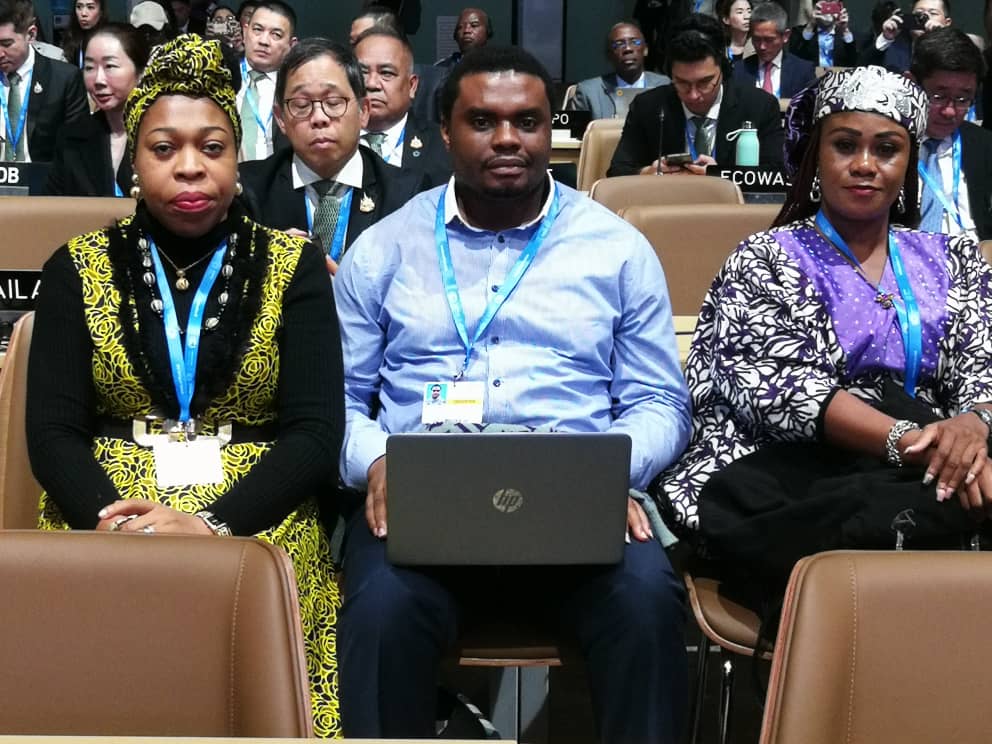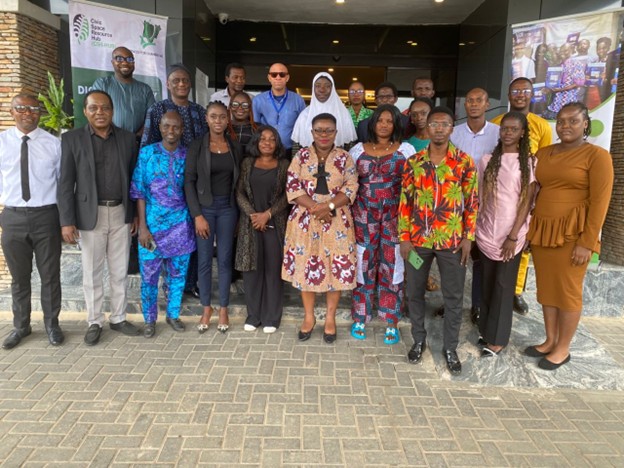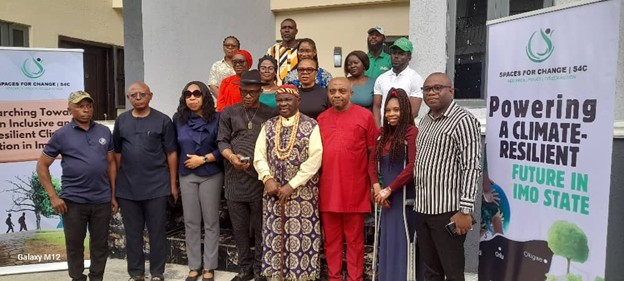
As the Conference of the Parties 29 (COP29) kicked off in Baku, Azerbaijan, Spaces for Change’s Senior Extractives Officer joined hundreds of delegates from around the world demanding urgent, inclusive, and transformative climate action. This year’s theme, Advancing Equitable and Resilient Climate Action, underscored the importance of addressing the climate crisis while centering equity, sustainability, and justice for the most vulnerable populations. With emphasis on financial investments to reduce greenhouse gas emissions, protect local communities, and accelerate a global transition to sustainable energy systems, climate financing dominated the discussions at COP29, highlighting the imperative of robust financial commitments to meet the Paris Agreement’s 1.5°C target and address loss and damage in the Global South.
S4C’s participation in COP29 reflects the organizational commitment to amplify the voices of communities most impacted by climate change and extractive industries, particularly in Nigeria, where oil-rich regions have long suffered from environmental degradation, economic displacement, and systemic patterns of human rights violations. As the world continues to clamour for renewable energy, S4C strongly advocates for learning from past mistakes and ensuring that communities are not left behind. At the core of our advocacy is the call for Just Transition Plans. For communities that have depended on fossil fuel industries for decades, justness means that the shift to renewable energy must come with clear pathways for economic diversification, green job creation, alternative and sustainable livelihoods. S4C shared these perspectives during the Nigeria Day Celebration–a side event organized by the Nigerian government on the sidelines of COP 29, in Baku, Azerbaijan.
The discussions at COP29 are a pivotal moment for addressing the financial aspects of climate action. In solidarity with advocates and climate activists, S4C called on global leaders to commit to equitable climate financing mechanisms that direct resources to the Global South where communities are most vulnerable to climate impacts. These funds should not only address loss and damage but also support adaptation strategies. Education also plays a critical role in building resilient societies. That is why S4C advocated for integrating green education systems into national curricula to equip future generations with the skills and knowledge needed to lead sustainable, climate-resilient lives. Education is a powerful tool for fostering innovation, leadership, and community resilience in the face of climate challenges.
Our presence at COP29 is not just about highlighting challenges, but about sharing solutions. We believe that climate action must be a collective effort that prioritizes equity, accountability, and sustainability. At various sessions, S4C shared perspectives from its recent publication, Just Transition in Nigeria, offering practical recommendations for implementing equitable transitions that prioritize the needs of marginalized populations. The briefer called for the development of policies and mechanisms that address the historical damages caused by fossil fuel extraction. It insists on reparation and restorative justice, including environmental remediation and sustainable livelihoods for communities. By sharing our work, learning from global peers, and building networks, we aim to strengthen climate action in Nigeria and beyond.



